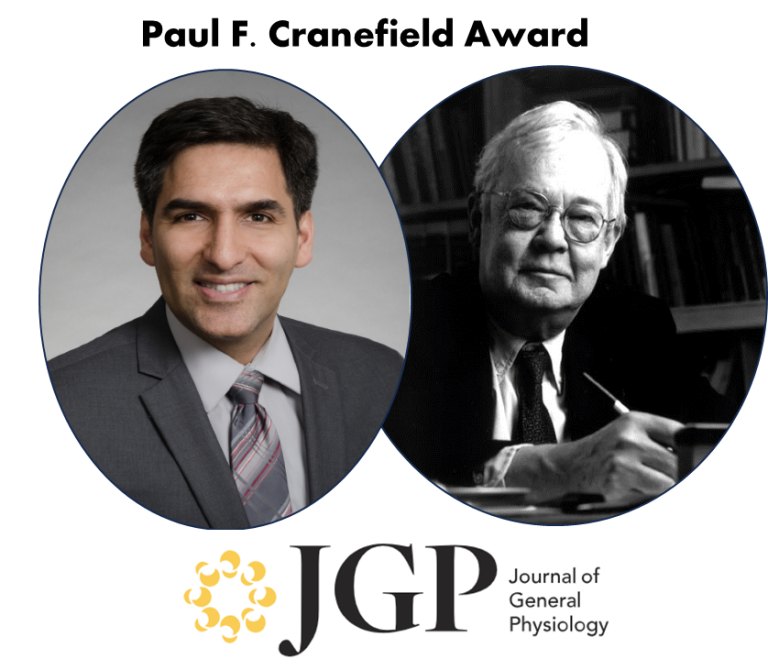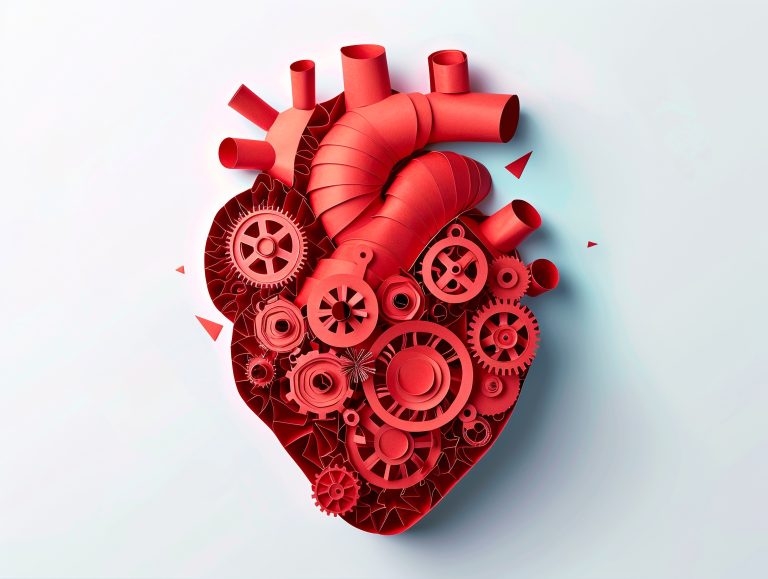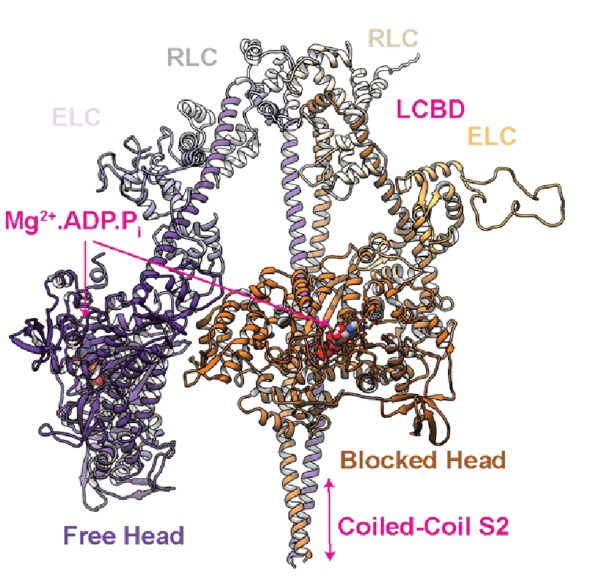The CTMR was Renewed!
We are thrilled to share that the CTMR was RENEWED! Here’s to another 5 years of supporting muscle research translational muscle research!

We are thrilled to share that the CTMR was RENEWED! Here’s to another 5 years of supporting muscle research translational muscle research!


Congratulations to CTMR faculty member Jeff Chamberlain for receipt of the 2024 Muscular Dystrophy Association (MDA) Legacy Award for Achievement in Research. Jeff is a leading investigator in gene therapy for Duchenne muscular dystrophy (DMD). This award is presented for outstanding contributions to translational neuromuscular disease research and will be presented at the 2024 MDA…

Congratulations to Aditi Prabhala for being selected as a 2024 Husky 100 member! The Husky 100 list recognizes undergraduate and graduate students who make the most of their time at UW. Aditi Prabhala is an undergraduate student in the Regnier Heart and Muscle Mechanics (HAMM) Lab mentored by PhD student, Kerry Kao. In addition to her…

Congratulations to CTMR faculty investigator Farid Moussavi-Harami, Assistant Professor in the UW Division of Cardiology, for receipt of the Paul F. Cranefield award from the Council of the Society of General Physiologists. The award, reserved for a truly noteworthy paper, is to recognize an independent young investigator who has published an outstanding article in the Journal…

The remarkable research of CTMR faculty was recently featured on the UW College of Engineering homepage! Read the full story here: Engineering heart health. Congratulations to the Sniadecki, Davis, and Regnier research groups!

Two new grants will accelerate atomic-scale research into the molecular mechanisms of cardiomyopathies. In Autumn 2024, CTMR investigator Matthew Childers was awarded a competitive K99/R00 Pathway to Independence Award from the National Heart, Lung, and Blood Institute of the NIH. Childers’ project combines computational simulations of muscle proteins with stem-cell derived cardiomyocytes to create a…

Congratulations to CTMR investigator Dr. Valerie Daggett for being awarded the UW 2023 University Faculty Lecture award! Dr. Daggett will present her work at the 47th annual University Faculty Lecture. Please see the event information below and more information here. Valerie Daggett, PhD David and Nancy Auth Endowed Professor in the Department of Bioengineering Talk…